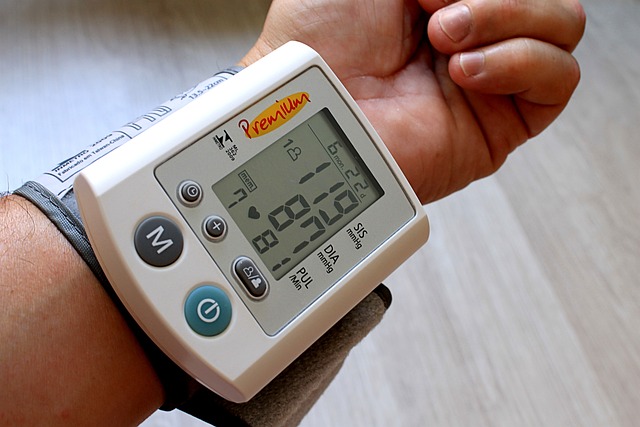
Stop Smoking Timeline: What Happens to Your Body When You Quit
Smoking damages your body and increases the risk of heart disease, lung cancer, and respiratory issues. Despite the risks, quitting can be difficult. However, the health benefits begin almost immediately. Understanding these benefits can help you stay motivated.

The First 20 Minutes to 12 Hours
-
Heart Rate and Blood Pressure Drop
- Within 20 minutes, your heart rate and blood pressure begin to normalize.
- Nicotine constricts blood vessels, increasing blood pressure. Quitting allows vessels to relax.
-
Carbon Monoxide Levels Decrease
- Cigarette smoke contains carbon monoxide, reducing oxygen in the blood.
- Within 12 hours, carbon monoxide levels drop, increasing oxygen flow to organs and tissues.
-
Improved Oxygen Circulation
- More oxygen in the blood enhances circulation, brain function, and energy levels.

The First 24 to 48 Hours
-
Improved Sense of Smell and Taste
- Smoking dulls your senses. Within two days, they begin to recover.
-
Nicotine Withdrawal Begins
- Common symptoms include cravings, irritability, anxiety, headaches, and difficulty concentrating.
-
Coping with Withdrawal
- Stay hydrated, exercise, practice deep breathing, and avoid smoking triggers.

The First 2 Weeks to 3 Months
-
Improved Circulation and Lung Function
-
Blood vessels and lungs start repairing, improving overall function.
-
-
Reduced Risk of Heart Disease and Stroke
-
Smoking is a major risk factor. Within weeks, this risk begins to decrease.
-
-
Stronger Immune System
-
Your body becomes more effective at fighting infections.
-
-
Easier Breathing
-
Reduced coughing and shortness of breath as lung function improves.
-

The First 3 to 9 Months
-
Better Lung Capacity
-
Air sacs in the lungs begin to heal, making breathing easier.
-
-
Less Coughing and Shortness of Breath
-
The lungs clear out mucus, reducing respiratory discomfort.
-
-
Lower Risk of Infections
-
A stronger immune system helps prevent colds and other illnesses.
-

The First Year and Beyond
-
Reduced Risk of Lung Cancer and Other Cancers
-
One year after quitting, the risk of lung cancer starts declining.
-
-
Lower Risk of Heart Disease and Stroke
-
The body continues to repair itself, significantly reducing cardiovascular risks.
-
-
Better Overall Health
-
Increased energy, improved mood, and enhanced well-being.
-
-
Long-Term Benefits
-
The longer you stay smoke-free, the greater the health improvements.
-

Quitting smoking is challenging but rewarding. The benefits start immediately and continue to grow over time. Stay committed, seek support, and focus on the health improvements ahead.
